
Keeping Elderly Dogs Healthy in Winter
As we age, our bones start to grow frail, we tend to get weaker, and start to need help from others. This is no different for dogs. Older dogs need to be given special attention since they become increasingly prone towards diseases and health problems as they age.
A dog’s body temperature changes as a result of weather changes, which can make them weak and susceptible to sickness. Even though some dogs may have thick fur and be accustomed to living in the cold, they still can experience negative effects of the cold weather. If you have an elderly dog, you need to thoroughly learn how to take care of her in the winter season so she can stay happy and healthy.
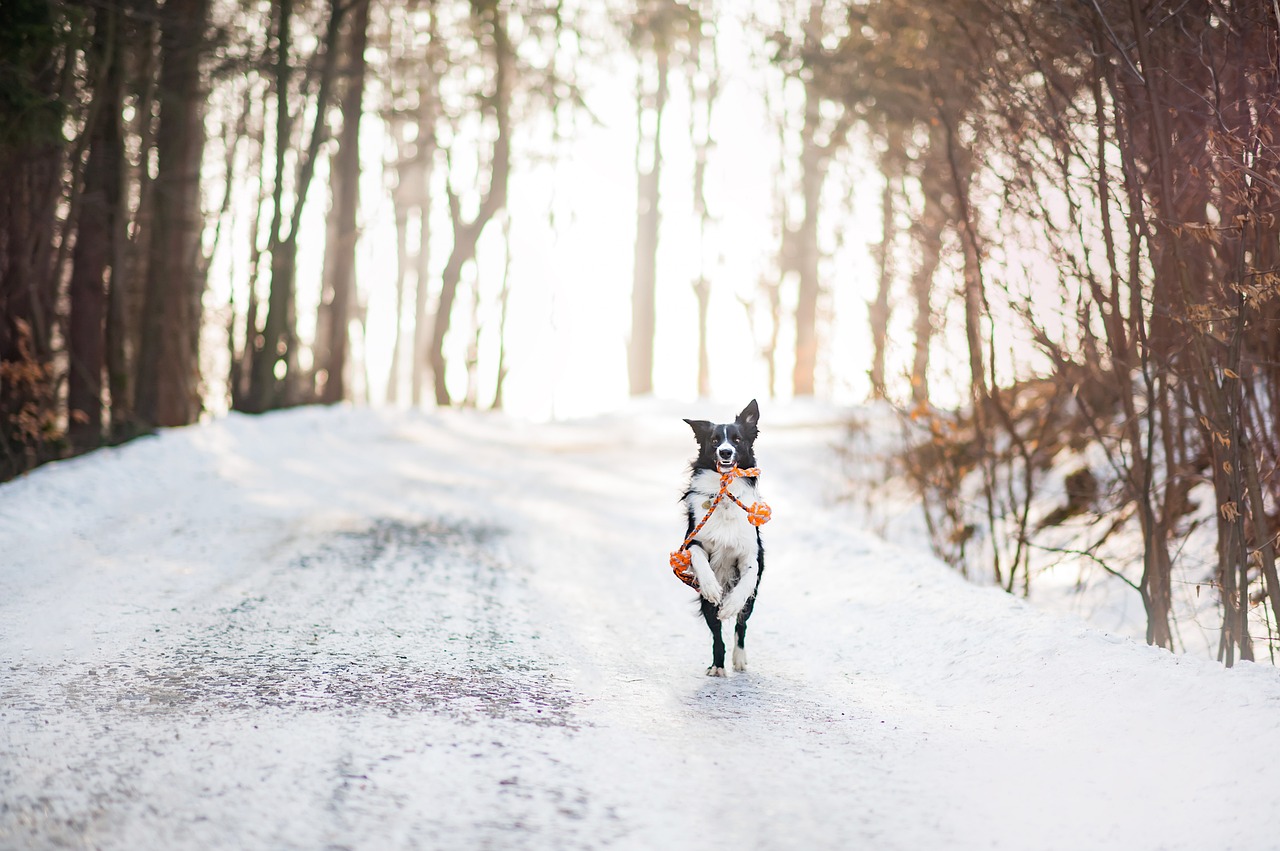
Keep Him Warm
Of course, the first thing that you need to do is keep your elderly dog warm in the winter. If your dog is not allowed inside your house, then it’s time the rules changed. Keep your pup in a well-heated area away from the direct heat of the heater, since it can burn your dog. Also, buy blankets and dog clothes for her to keep warm. While buying clothes, remember the clothes should not be so tight that they restrict the dog from freely moving.
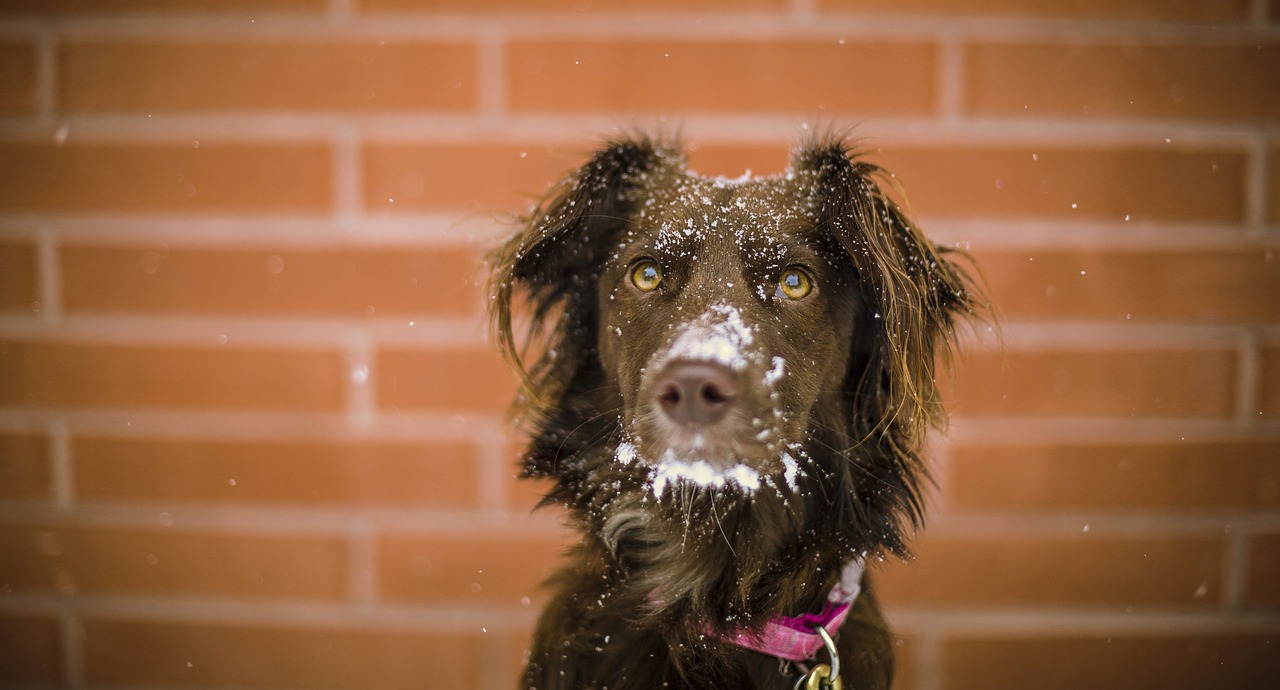
Check for Frostbite
In addition to keeping your dog warm, constantly check for signs of possible frostbite while outdoors in freezing weather. Your pet’s ears, paws, and tails are the most likely areas to be affected. Check for pale and grey skin on your dog on a regular basis.
Additionally, you should make sure that any part of your dog’s skin is not too cold or hard. Rush your dog to the vet if there are any signs of frostbite that you can see. Remember that frostbite is a numbing process, so you probably will not find your dog crying for help before it warms up.
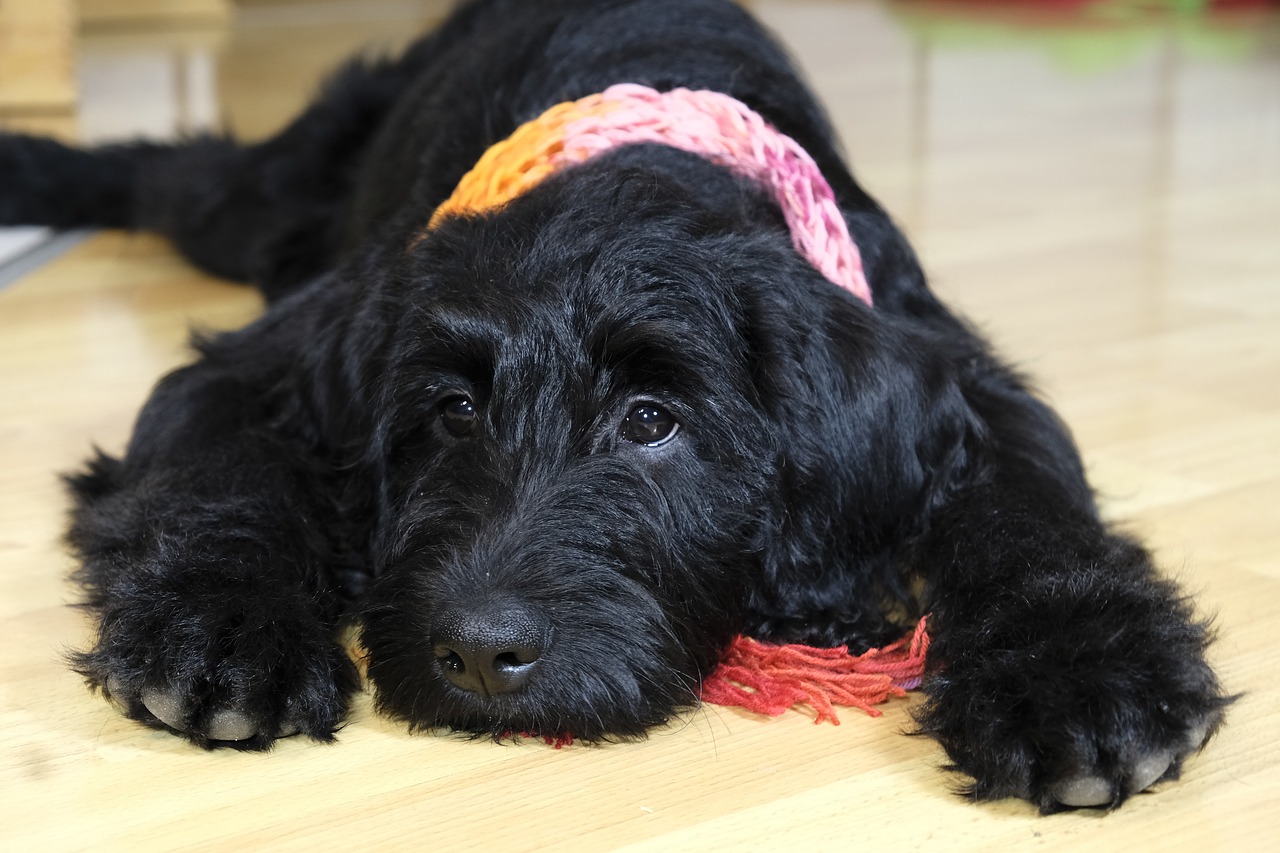
Try to Remain Indoors
Your furry friend needs constant exercise in the winter, too. In fact, it becomes more important for elderly dogs to exercise, so their joints don’t get stiff. However, taking them outdoors during the colder months can cause even more issues.
Try to find indoor activities that will help your dog achieve the required physical exercise, as well as getting her some needed socialization. If you must take them outside once a day, go around noon when the sun shines the brightest. Take the necessary measures to keep your dog warm throughout the activity. Also, ensure that you do not forget dog booties while dressing her up in her winter clothes.
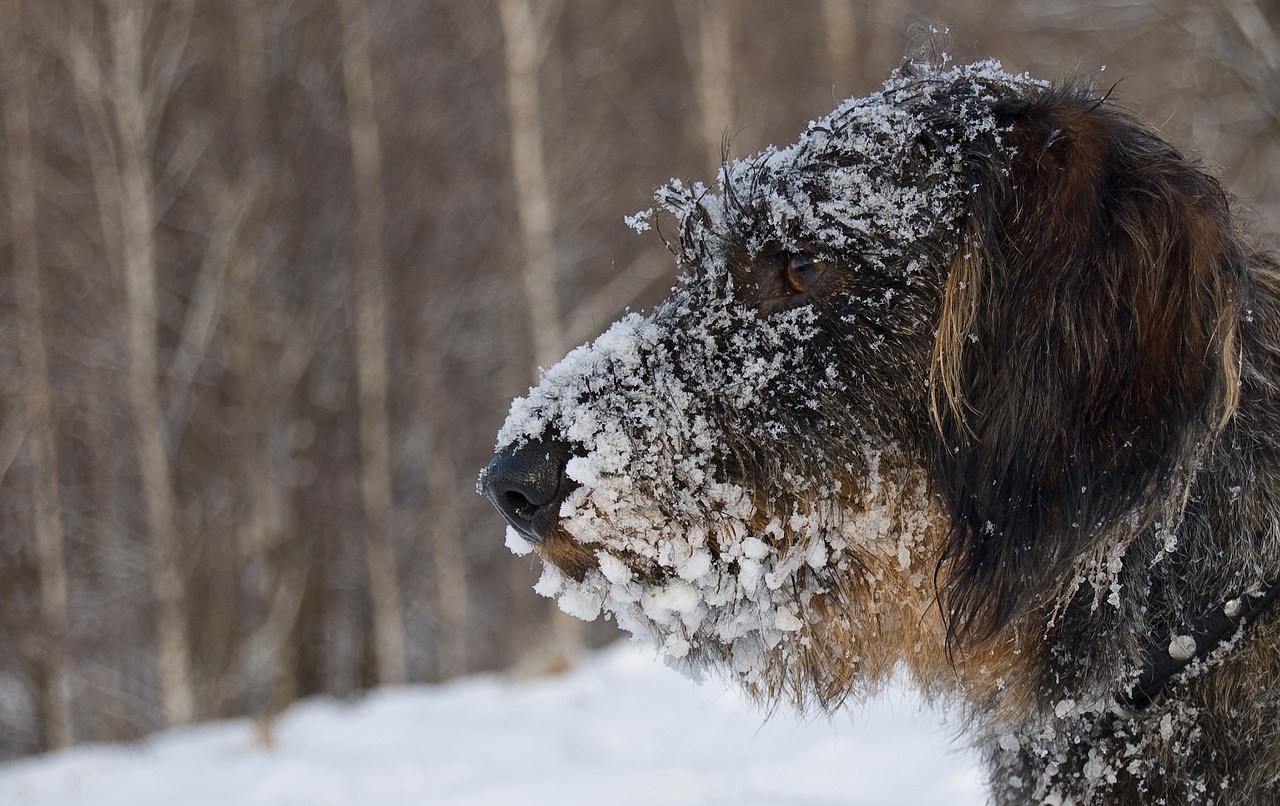
Moisturize
Most elderly dogs tend to have weaker skin than younger dogs. In winter months, senior dogs’ skin can dry out quickly and become irritated. Take note of how often your dog’s skin dries out, and find good dog moisturizers to smooth onto your dog as often as a professional prescribes it.
You might think this is covered in a grooming session, but you may have to do this more often than you think. Dry skin in elderly dogs can lead to broken skin. If you find lotions to be expensive, then using simple coconut oil can help achieve the desired results.
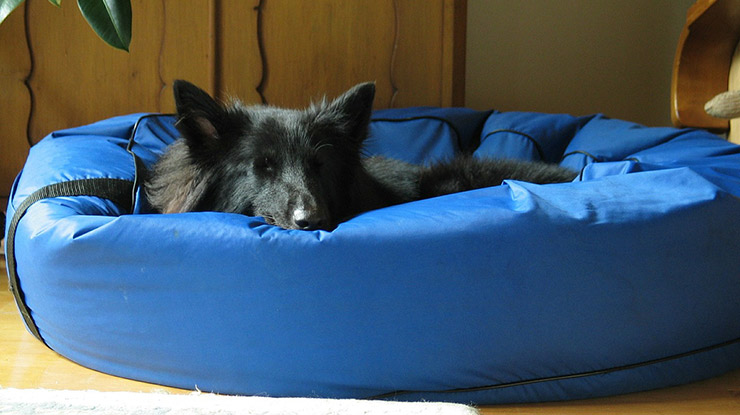
Hydrate Your Dog
Surprisingly, it’s easier to get dehydrated in winter than in summer. We don’t feel dehydrated because sweat starts to vaporize, we feel cold and our mouths don’t feel dry. Similarly, dogs tend to become dehydrated in winter, but they also do so in the summer.
Make sure that your senior dog is constantly hydrated in the winter. Keep warm and fresh water in their bowl, no matter where they are. If they are outside, then keep checking to make sure the water does not turn into ice. Dogs may eat snow off the ground, but they still need a fresh supply of water.
If your dog does become dehydrated, be sure to allow her to rest, and provide her with plenty of water. You can give dogs Pedialyte for dehydration, but a visit to the vet may be in order if the problem persists.
Any living creature grows old will require more attention and better care. Your grandparents may have the voice to tell you what they want, but your dog does not. Make sure you keep an eye on your elderly dog, especially in the winter. Pay her special attention and follow all necessary precautions. For the best tips and strategies for taking better care of your elderly dog in the cold weather, remember to consult your veterinarian.










